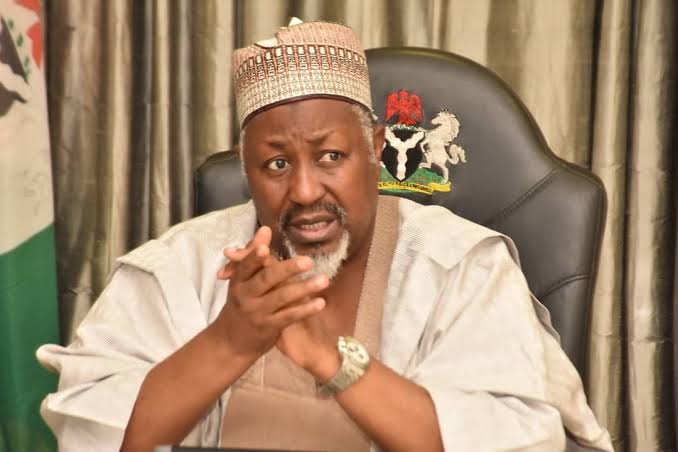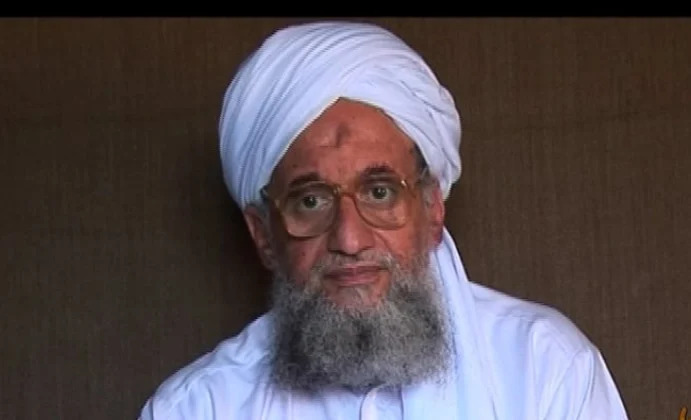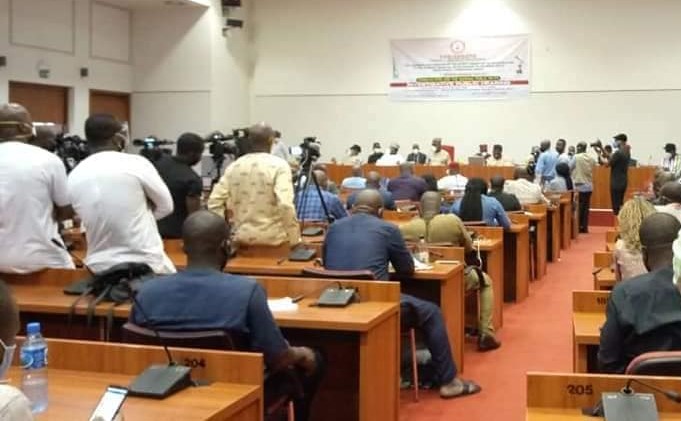Every January 15, Nigeria stands united in remembrance, reflection, and gratitude for the sacrifices made by its Armed Forces. The Armed Forces Remembrance Day (AFRD) is a solemn occasion, marked annually to honor the fallen heroes who paid the ultimate price in defense of the nation’s unity and sovereignty. As we commemorate this day, it is crucial to delve into its significance, the historical roots of the event, and the ongoing commitment to the welfare of our military personnel.
The Historical Evolution of Armed Forces Remembrance Day:
Originally celebrated on November 11, in alignment with the Remembrance Day for World War II veterans in the British Commonwealth of Nations, Nigeria later moved the date to January 15. This shift was a poignant decision, commemorating the surrender of Biafran troops to federal troops on January 15, 1970, effectively ending the Nigerian Civil War. Today, AFCRD pays tribute to all military personnel, including the Nigerian Army, the Nigerian Navy, the Nigerian Air Force, and the Nigerian Legion.

Symbolic Traditions and Commemorative Events:
The AFRD is marked by various symbolic traditions across the nation. The release of pigeons symbolizes peace, wreath-laying ceremonies, the playing of the last post, Remembrance Day parades, and gun salutes. Before these events, the Nigerian Legion Humanitarian Day involves community service and empowerment initiatives for the widows and orphans of fallen heroes. The emblem launch by the president kick-starts the nationwide sale, with proceeds deposited to the Nigerian Legion for the welfare of veterans.
The Religious Aspect Armed Forces Remembrance Day
The day begins with a Jumma’at Service at the National Mosque, followed by an inter-denominational service at the National Christian Centre in Abuja. These simultaneous events highlight the unity and diversity of Nigeria, encompassing all states in the remembrance ceremonies.

Messages from Military Leadership:
Leadership plays a pivotal role in fostering the spirit of remembrance and commitment to the nation’s defense. The Chief of Defence Staff, General Christopher Musa, emphasizes the immeasurable contributions of serving and retired officers. His commitment to prioritizing the welfare of the armed forces aligns with his leadership philosophy of nurturing a people-centric and capable armed forces.
Lieutenant General Taoreed Lagbaja, Chief of Army Staff, reiterates the paramount importance of welfare for Nigerian Army personnel and their families. He pledges to improve living conditions in barracks and cantonments, despite budgetary constraints. The commitment to prudent resource management aligns with the government’s financial measures to revamp the nation’s economy.

Read Also: ‘Survival Of The Fittest’ And Profligacy Of Government
Air Marshal Hasan Abubakar stresses the importance of sustaining joint air, ground, and maritime strikes against various threats. Commending recent successful air strikes, he acknowledges the nation’s debt to fallen heroes. The call for continued momentum in operations echoes the government’s provision of necessary resources for success.
Conclusion:
Armed Forces Remembrance Day is not just a day on the calendar; it is a collective acknowledgment of the sacrifices made by our heroes past and present. As we commemorate this day, let us not only reflect on the past but also actively support initiatives that prioritize the welfare of our armed forces. The commitment of military leadership, the valor of our personnel, and the ongoing efforts to honor and remember our fallen heroes contribute to the resilience of our nation.
- By Ken Gbados




